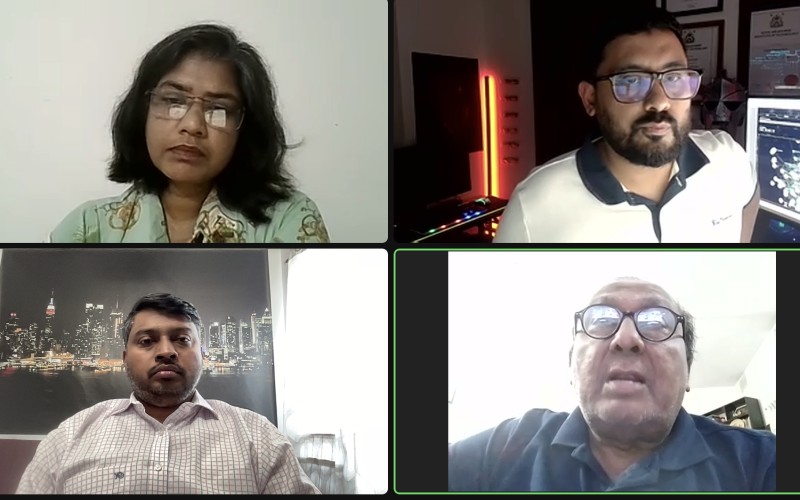Since April 15, 2023, fighting between the Sudanese Armed Forces and the Rapid Support Forces has occurred in Sudan. On April 24, the two conflicting parties agreed on a 72-hour ceasefire, which was partly held, although sporadic artillery gunfire could still be heard in Khartoum. Fighting has continued, with displacement reported in Khartoum, Northern, Blue Nile, North Kordofan, North Darfur, West Darfur, and South Darfur states, including cross-border movements to surrounding countries (Reuters 25/04/2023; OCHA 25/04/2023). In principle, this ceasefire allows for the evacuation of foreign nationals and civilians from conflict areas. However, those in the capital city of Khartoum could still hear sporadic gunfire and the sounds of heavy artillery on April 25 (BBC 25/04/2023; Al Jazeera 25/04/2023 a). As of April 26, the conflict had led to 459 deaths and at least 4,000 injuries (Al Jazeera 26/04/2023; OCHA 26/04/2023). The Central Committee of Sudanese Doctors has predicted an impending paralysis of the country’s healthcare system. According to Médecins Sans Frontières, the conflict will likely intensify humanitarian needs in the country, which were already at their highest in a decade (MSF, April 20, 2023). Security concerns for humanitarian workers are among the factors affecting the provision of humanitarian assistance to people in need in Sudan. As of April 25, the conflict in Sudan had killed five UN workers since fighting broke out on April 15 (Reuters, April 25, 2023, and April 21, 2023). As of April 26, at least 12 healthcare personnel and health science students had been killed (Al Jazeera, April 26, 2023; Insecurity Insight and Physicians for Human Rights, April 26, 2023)
Healthcare Situation
According to ACAPS, Health facilities have suspended their services because of their proximity to fighting to avoid risking patients’ and personnel’s lives. The conflict has forced 70% (55 out of 79) of the hospitals in conflict-affected zones (Khartoum, North Kordofan, South Kordofan, and West Darfur states) to shut down, leaving thousands of injured civilians without access to healthcare. As of April 20, fighting had resulted in the bombing of nine facilities and forced evictions from 16 (MSF, April 20, 2023; Sudan Doctors Syndicate, Preliminary Committee, April 19, 2023). Before the crisis, 82 hospitals were active in Khartoum; as of April 26, 59 hospitals in Khartoum and surrounding cities are non-operational (Al Jazeera, April 26, 2023; Insecurity Insight and Physicians for Human Rights, April 26, 2023).








































